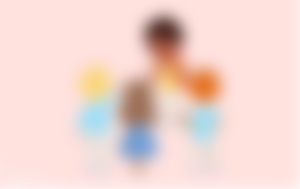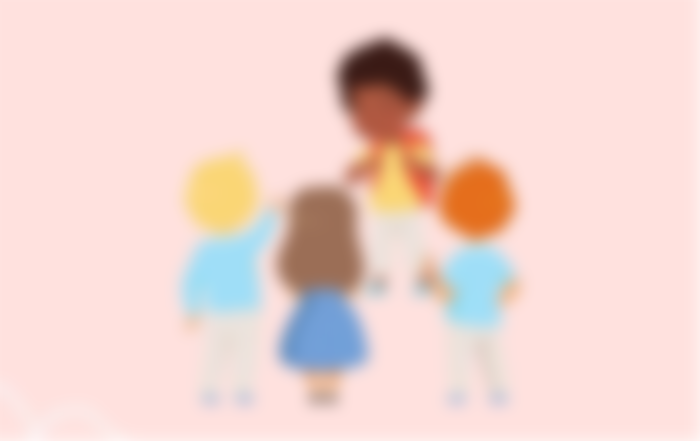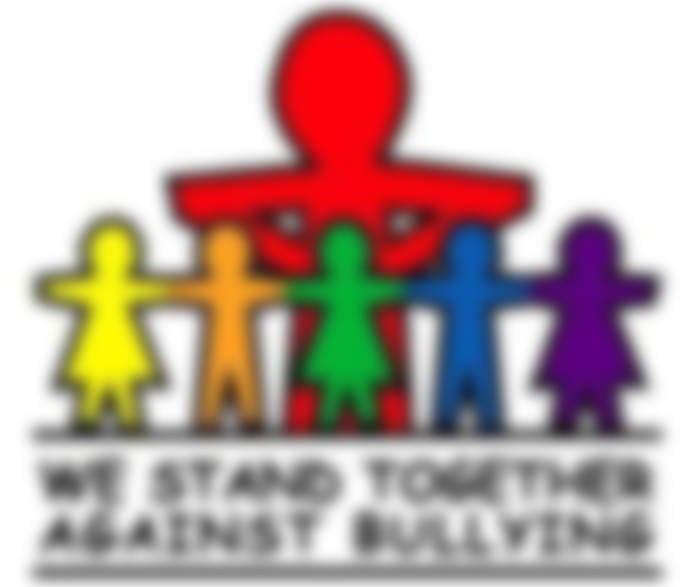
Discrimination is the unfair treatment of a person or group of people because of their race, color, religion, national origin, sex, age, disability, or sexual orientation.
Victims of discrimination in childhood may experience different forms of abuse and mistreatment because of who they are. This can include name calling, being teased or bullied at school, feeling like you're not good enough because of your skin color or religion, being physically assaulted or threatened because you're different, and more.
Discrimination can have a devastating impact on a person's mental health and well-being. It can lead to feelings of shame and isolation, low self-esteem, depression and anxiety disorders. The victim often struggles with this negative emotion year after year.
Children often feel excluded and oppressed. Whether it's because of religion, ethnicity, physical appearance or any other characteristic that marks them out from others - children are just as vulnerable to feeling stereotyped and ostracized. The difference is that they have been doubly victimized by being powerless to change the situation themselves yet also being too young to have the volition required to fight back against their abusers in a mature way. Child abuse can be abuse in any form including physical, sexual, mental & verbal.
I feel for those who have been victims of discrimination in their childhood. But it's important to understand the levels and types of discrimination we talk about before we start addressing how we combat them. Child-discrimination varies between social statuses and based on background. Some children experience nasty, unfair treatment in childhood because they are different in some way. Many children who cope with discrimination in the form of bullying try to change themselves to fit in, which can lead to lots of stresses for parents.
Children experience discrimination because they are a minority and a child. Children are at a pivotal point in their life where they don't have much to offer society- other than their innocence and naiveté, which is why grown adults find it easy to take advantage of them. Growing up as a minority can be hard, but it offers perspective about people from different backgrounds as one gets older.
According to Dr. Larence, there can be long-lasting effects of childhood discrimination on a person's future life and mental health including how it may lead them into criminal activity as adults or even suicide.
Children are imitators and since children are most related to their own family then family is the first place where children get their dependence and security.
Parents should help their child find a way that is comfortable for his or her personality, while also being able to provide unconditional love and encouragement along the way. So do not present any words or behavior in front of the children so that they learn discrimination. Teach the child to speak for himself. They need to be motivated to boost or restore confidence. Talk to your children regularly, not just as a parent, but as a friend. Find out if they are being bullied at school, in the neighborhood or anywhere else. If you notice a change in your child's behavior, take immediate action.

Whatever the reason, it is important to remember that inequality is never justified. Every child is born with the right to live in a non-discriminatory society, it is our duty to realize that right. Every child deserves to be treated with respect and kindness regardless of their race, culture, gender identity, disability or sexual orientation. Our awareness can give the world the gift of a healthy nation.
...............................................................🧒👦👧........................................................................




good topic people must follow these steps and stop the hate. let everyone stay happy how they are and how they are living their lifes.